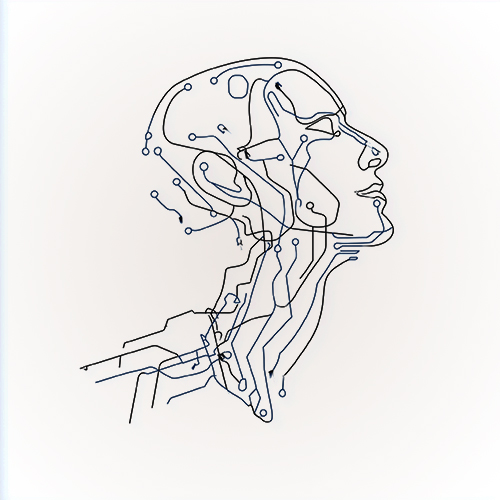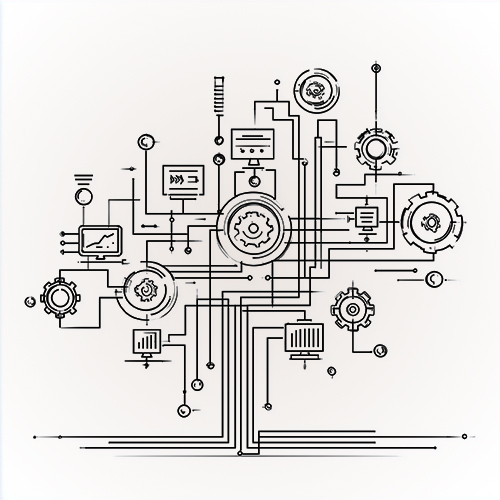The Pharmaceutical Information Centre is a forerunner in utilising public data sources
Utilising public data sources in knowledge-based management is a relatively new phenomenon. The general attitude in the health care industry towards sharing and utilising data has become more positive in recent years, and with the Act on the Secondary Use of Social and Health Data in 2019, health care data has also become openly available.
This has given the Pharmaceutical Information Centre the prerequisites needed to create richer and more versatile data products. Mikko Polvi explains that this has only recently become possible and that Finland is a global forerunner in data analytics, advanced analytics and knowledge-based management.
“This wouldn’t have been possible without the changes in attitude and law, along with the real technical actions that organisations like the Finnish Institute for Health and Welfare and Kela have taken to improve the availability of data. There is currently a debate going on in Europe about unifying data practices in the health care industry, and Finland has the opportunity to be a real trailblazer,” Polvi says.
However, secondary use of public data is not as straightforward as the use of data that you have had a chance to format for the purpose. Because the purpose of secondary data use is to find new ways of utilising the data that were not considered at the data specification stage, it demands a clear business vision and top data processing and visualisation skills.
The latter of these two skills is what the Pharmaceutical Information Centre is looking for in their partner, and Digia’s analytics team has exceeded their expectations.
“I have to give praise to Digia’s team for their excellent problem-solving skills and willingness to take on new challenges. Also remarkable is the fact that, even though there have been changes to the team during our collaboration, it hasn’t had even the slightest negative impact on the quality of their work or their efficiency,” Polvi says.




